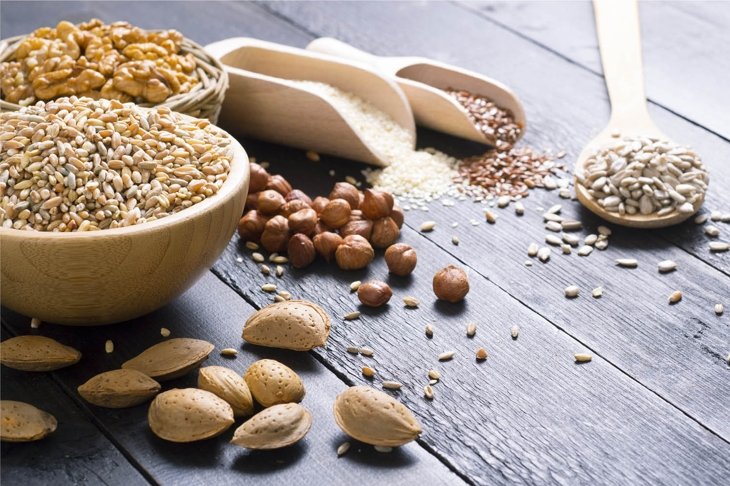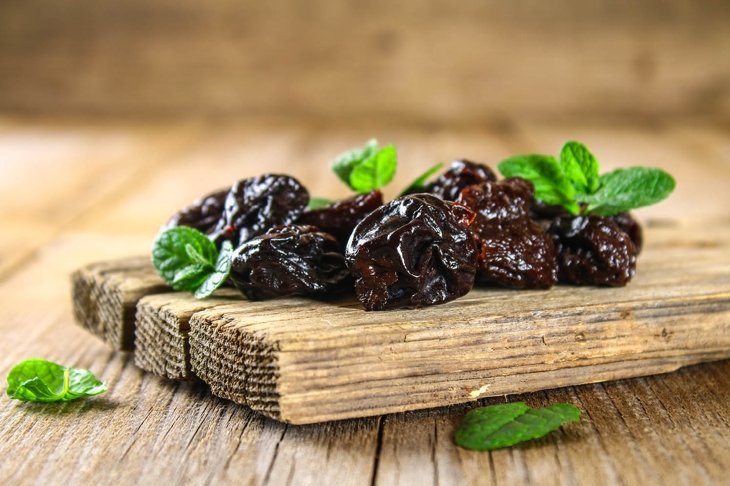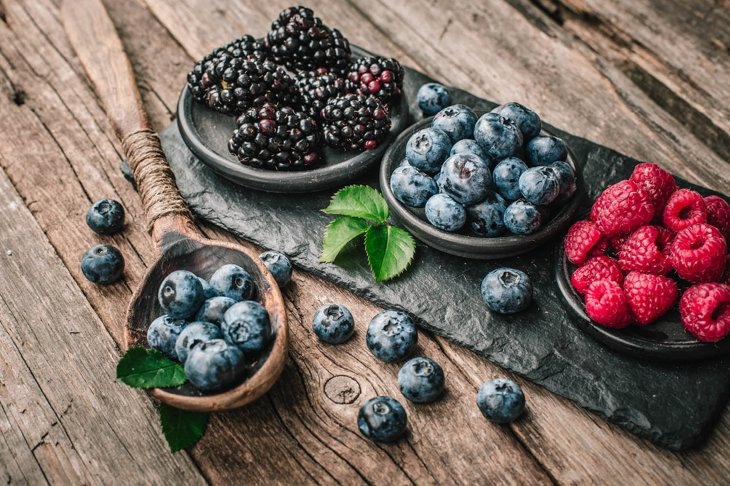
Constipation may not be fun to talk about, but it’s a common problem that’s estimated to chronically affect 14 percent of the population. When it happens, it can be uncomfortable, painful, and even downright stressful.
Laxatives can offer short-term relief, but they are not without their risks, especially when used excessively or for an extended period. They can cause dependency, dehydration, electrolyte imbalance, and impaired intestinal function. So, before reaching for the bottle of laxatives when you feel stopped up, try these natural remedies.
01
Up your hydration

Dehydration is a common cause of constipation. Water helps soften stool so it’s easier to pass. Drinking an extra two to four glasses of water each day can help get things moving again. Research has shown that warm water is particularly effective at stimulating intestinal movements.
Try starting your day with a glass of warm water. Adding a squeeze of lemon or lime can give your water a further boost in helping to ease constipation. The acid content in citrus offers a gentle laxative effect.
02
Get moving

A lack of exercise is another common cause of constipation. Physical activity stimulates activity in your gut, so a regular exercise schedule can help you stay regular as well.
To keep constipation at bay, get active most days of the week. Even a light walk or gentle yoga can be helpful in getting things moving.
03
Increase the fiber

Fiber increases stool size, making it easier for waste to pass through your system. This means that ensuring you’re getting enough fiber is key to staying regular.
North American dietary guidelines recommend that women consume 25 grams of fiber each day, while men get 38 grams daily. However, most people only get about half that amount in their daily diets.
To make sure you’re getting enough, eat lots of high-fiber foods every day. Fibrous favorites include fruits, vegetables, whole grains, legumes, nuts, and seeds. If you still find it difficult to get enough fiber in your daily diet, try a fiber supplement.
04
Give your gut flora some love

Bacteria that live in your digestive tract help break down food and keep waste moving. If you’re experiencing constipation, these little helpers could be out of balance. Giving your gut flora some love in the form of probiotics and prebiotics may do the trick.
Eat more fermented foods like yogurt, kefir, pickles, and sauerkraut, as well as prebiotic foods like asparagus, bananas, and oatmeal. Probiotic and prebiotic supplements are also available.
05
Reach for the prunes

Dried plums, known as prunes, are high in fiber and a natural laxative called sorbitol. These characteristics give prunes their reputation for boosting bowel health. Studies have shown that prune consumption can improve both stool frequency and consistency in those with constipation.
While both whole prunes and prune juice are high in sorbitol, dried prunes offer about 6.1 grams of dietary fiber per every 100 grams of fruit. That means eating a few prunes each day will give you both the natural laxative benefit of sorbitol, as well as fiber to help support regular bowel movements.
06
Check your form

It turns out that modern toilet habits aren’t all that bowel friendly: Sitting straight on the toilet with your feet flat on the ground can constrict your bowel movement, making it harder to evacuate. A squatting posture has been shown to straighten the rectum. This allows abdominal muscles to work more effectively to eliminate waste.
Next time you need to go, try leaning back and raising your feet on a stool. There are even toilet stools designed to help you achieve that ideal squatting position.
07
Answer the call of nature

Holding it when you feel the need to go can actually cause constipation. While a busy schedule can make it difficult to give the time and concentration needed to get things moving, staying calm and distraction-free during toilet time is important.
No matter when the urge beckons you, make sure to take action. Try scheduling some dedicated bathroom time at the same time every day. This can help your body get into a daily routine, making the call of nature a little more predictable and easier to answer.
08
Calm your stress

Managing your anxiety and stress levels in daily life can also go a long way to sidestepping constipation. Studies have shown a strong link between depression and constipation, making emotional well-being something to consider when things aren’t moving as they should.
Practicing yoga, meditation, deep breathing, and other stress management techniques can help you calm down and put you in a better frame of mind to take care of business.
09
Try an abdominal massage

Massaging your abdominal area can be a helpful tool in the battle against constipation. Studies have shown that abdominal massage can stimulate muscle contractions in the digestive tract, relieve discomfort, increase bowel movement frequency, and decrease stool transit time.
Abdominal self-massage is easy to do and worth a try to relieve the discomfort that comes with being constipated. Try this three-step process from Michigan Medicine at the University of Michigan.
10
Avoid constipating foods

Fast and fried foods may go down easy, but they don’t tend to find their way out as efficiently. That’s because these high-fat foods can be difficult to digest, are often low in fiber, and rob your digestive tract of much-needed water.
Other culprits behind constipation can be too much milk, cheese, and unfermented dairy. Diuretics like alcohol may also be a problem, and even coffee in some cases, as caffeine can be dehydrating.
If you’re experiencing constipation, check your diet for any of these foods that may be causing things to get backed up. Instead choose more hydrating, high-fiber, and gut-friendly foods.





















